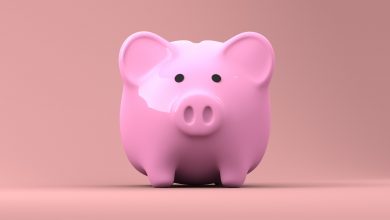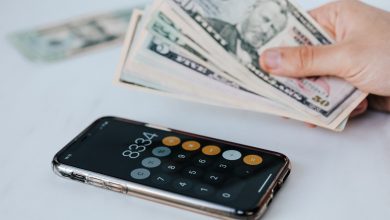Cash Out Refinancing Strategy

Searching for extra cash to take a vacation, invest with, or make home improvements can create nerves. Being too eager to take cash from your assets could put you in a vulnerable position. If you own a home and have some equity in the property, creative refinancing strategies exist that could be preferable to personal loans or credit card usage. In this article, we will specifically be looking into cash out refinancing.
This is similar to traditional refinancing. The difference is in the amount of the loan you will be taking. You will finance for a greater amount than is remaining on your original mortgage. By doing this, you will be able to take the difference in cash for yourself.
With $75,000 left to pay on your home, you could refinance for $100,000 and receive $25,000 in cash. A traditional refinancing would only cover the amount of the original loan.
Limitations

A cash out refinance will be restricted to a max of 80 to 90 percent of the amount of equity you have in the home. So, with $100,000 of equity in your home and $20,000 left to pay on the mortgage, you could refinance between $100,000 and $110,000 receiving $80,000 to $90,000 in cash.
Typically, there are no added fees to doing this type of refinancing but there is still a tradeoff. With a cash out refinance, you will often see higher interest rates than with a typical refinancing. Weigh the cost of this added interest against the cash you will be receiving especially if you will not be able to pay off this loan quickly.
Reasons For a Cash Out Refinance
Think of this loan as a personal loan at the rate of your mortgage. This could be favorable for you compared to what you might get from a traditional personal loan.
Cash out refinancing can be a savvy strategy for homeowners who are preparing to sell. If you intend to put your home on the market in the near future, a cash out refinance could fund home improvements. This will raise the value of the property and help the home sell faster once it goes up.

Reasons to Avoid a Cash Out Refinance
Using your home as collateral automatically puts the property at risk. Even if you are in a comfortable financial position, it is difficult to account for future events that would make monthly payments difficult to manage. Unexpected market events or family emergencies can quickly distort your financial standing. It is nearly impossible to account for everything. Before doing any kind of refinancing, you should first have an emergency plan in place.
This type of transaction will come with closing costs for the refinance. New terms will also come into effect that could be dramatically different from your original mortgage. By taking more than 80 percent of the equity in the property you will recreate the need for private mortgage insurance. This will be the case whenever you have less than 20 percent equity in your home to ensure the bank is protected against foreclosure.
Cash out refinancing is best used as a strategy for enabling the future sale of your home. Although there may be other creative ways to implement a cash out refinance, use caution when implementing debt towards purchases that are not giving you a greater return.



